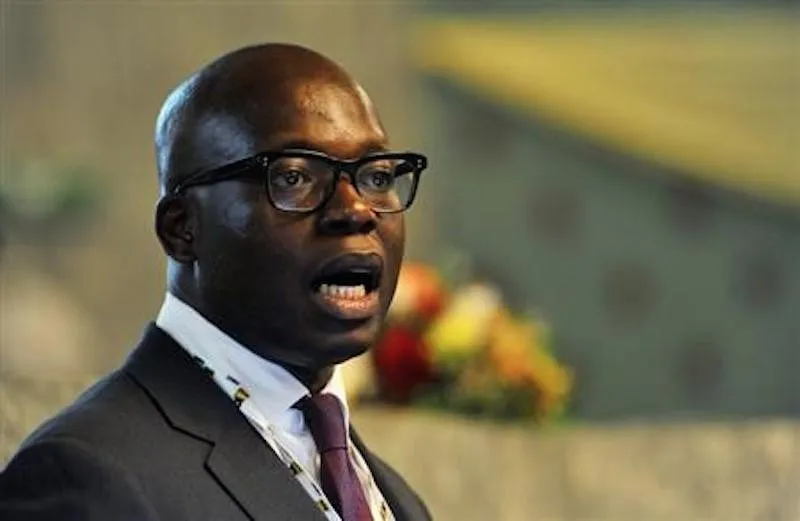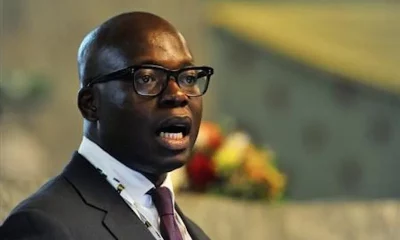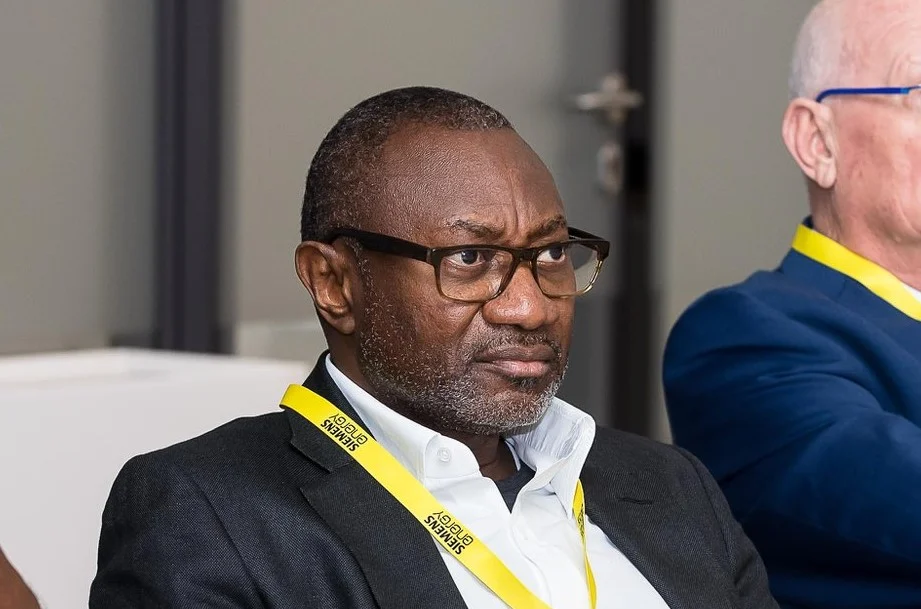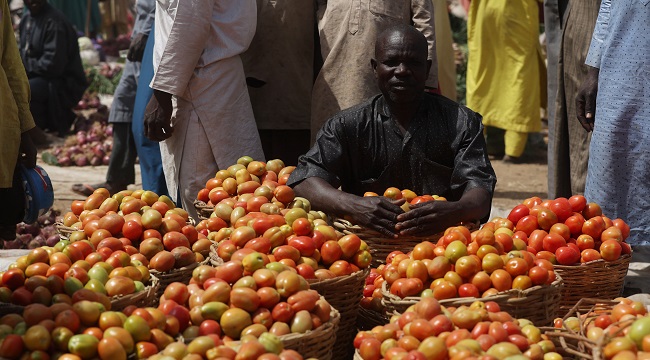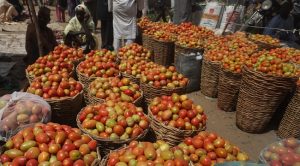The National Bureau of Statistics (NBS) says the price of 12.5 kilograms (kg) of liquefied petroleum gas (LPG), better known as cooking gas, has increased by 63.85 percent in one year.
This is contained in the agency’s report on LPG (cooking gas) price watch for May 2024 on June 20.
NBS said the average price for refilling a 12.5kg cylinder of cooking gas in May increased to N15,627.40, compared to N9,537.89 in May 2023.
On a month-on-month basis, the bureau said the average retail price for refilling a 12.5kg cylinder of LPG dropped by 0.07 percent in a month — from N15,637.74 in April 2024 to N15,627.40 in May 2024.
“The average retail price for refilling a 12.5kg Cylinder of Liquefied Petroleum Gas (Cooking Gas) declined by 0.07% on a month-on-month basis from N15,637.74 in April 2024 to N15,627.40 in May 2024,” NBS said.
“On a year-on-year basis, this rose by 63.85% from N9,537.89 in May 2023.”
Based on state analysis, Zamfara recorded the highest average retail price for refilling a 12.5kg cooking gas with N18,369.33, followed by Bayelsa with N17,772.21 and Abia with N17,538.02.
“Conversely, the lowest average price was recorded in Bauchi with N13,076.43, followed by Ebonyi and Taraba with N13,788.09 and N13,860.31 respectively,” the bureau added.
“Analysis by zone showed that the South-South recorded the highest average retail price for refilling a 12.5kg Cylinder of Liquefied Petroleum Gas (Cooking Gas) with N16,310.02, followed by the North-West with N15,991.13 while the North-East recorded the lowest price with N15,010.62.”
‘AVERAGE PRICE OF 5KG LPG INCREASED BY 13% IN MAY’
NBS said the average retail price for refilling a 5kg cylinder of LPG rose by 13.75 percent on a month-on-month basis — from N6,521.58 recorded in April 2024 to N7,418.45 in May 2024.
“On a year-on-year basis, this increased by 70.12% from N4,360.69 in May 2023,” NBS said.
“On state profile analysis, Benue recorded the highest average price for refilling a 5kg Cylinder of Liquefied Petroleum Gas (Cooking Gas) with N8,012.03, followed by Enugu with N7,926.21, and Ondo with N7,857.53.
“On the other hand, Yobe recorded the lowest price with N5,842.31, followed by Jigawa and Katsina with N6,521.81 and N6,567.95 respectively.
“In addition, analysis by zone showed that the South-East recorded the highest average retail price for refilling a 5kg Cylinder of Liquefied Petroleum Gas (Cooking Gas) with N7,680.87, followed by the South-West with N6,593.93.”
NBS also said the north-east recorded the lowest price for May with N7,071.84.

 News3 years ago
News3 years ago
 Entertainment2 years ago
Entertainment2 years ago
 Privacy3 years ago
Privacy3 years ago
 News3 years ago
News3 years ago
 Sports2 years ago
Sports2 years ago
 Entertainment3 years ago
Entertainment3 years ago
 Opinion3 years ago
Opinion3 years ago
 News3 years ago
News3 years ago
